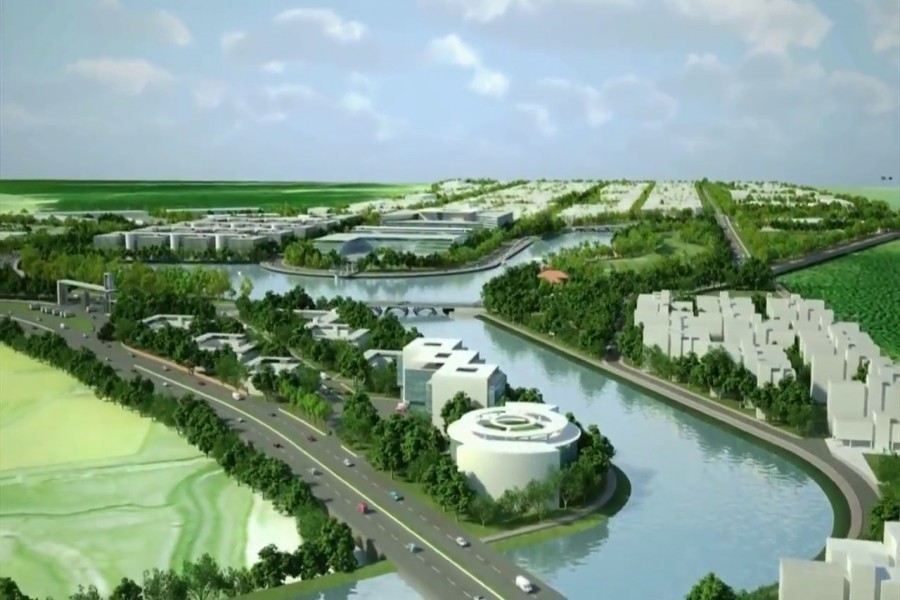Experts at a discussion have suggested the revision of land prices, development of human resources and inclusion of small and medium enterprises in special economic zones (SEZs) to get the desired outcomes through industrialisation.
They also called for safeguard measures, especially in preventing environment pollution, the protection of wetland and hills in developing the zones.
The views came at a session on 'Industrialisation through special economic zones' on the concluding day of a two-day conference on Monday.
The Bangladesh Institute of Development Studies (BIDS), a state-controlled think-tank, organised the two-day conference at a city hotel .
Professional fellow of BRAC Institute of Governance and Development Dr Sultan Hafeez Rahman chaired the session, where senior research fellow of BIDS Dr Mohammad Yunus made a presentation.
The panelists included professor of economics at East West University Dr AK Enamul Haque, executive member of Bangladesh Investment Development Authority (BIDA) Moinul Islam and research director of the Centre for Policy Dialogue (CPD) Dr Khondaker Golam Moazzem.
Mohammad Yunus said the Bangladesh Economic Zones Authority (BEZA) has been developing SEZs in different parts of the country to achieve its economic goal.
Besides the BEZA, other government agencies, including the Bangladesh Export Processing Zone Authority (BEPZA), the Bangladesh Hi-Tech Park Authority (BHTPA), have also been doing the same.
He said the state-run Bangladesh Small and Cottage Industries Corporation (BSCIC) had developed such many zones but a good number of them remain unutilised due to improper policy.
Khondaker Golam Moazzem laid emphasis on reviewing the prices of land, considering the type of an industry, location of the SEZ and targeted market.
"For example, due to improper pricing many common people bought industrial plots at the BSCIC. But they didn't utilise the land, as a result many willing entrepreneurs failed to set up factories despite their willingness," he said.
In case of the SEZ, similar problem can happen due to the improper pricing, he added.
Land price is usually higher in an SEZ located in Narayanganj than other parts of the country, the economist said, adding some of the industries there are making low return in terms of value.
"We have to ensure the maximum return of our land," he said.
He also said many businesses are buying the land because they get the land in the SEZs at lower-than-market price.
"Then there is a risk (of poor land use) that needs to be taken care of," he added.
Professor Haque said several government agencies have been developing SEZs, which have proved to be successful in many countries like Malaysia, China and Thailand.
"But you cannot establish economic zone by filling wetland or levelling the hills," he said.


